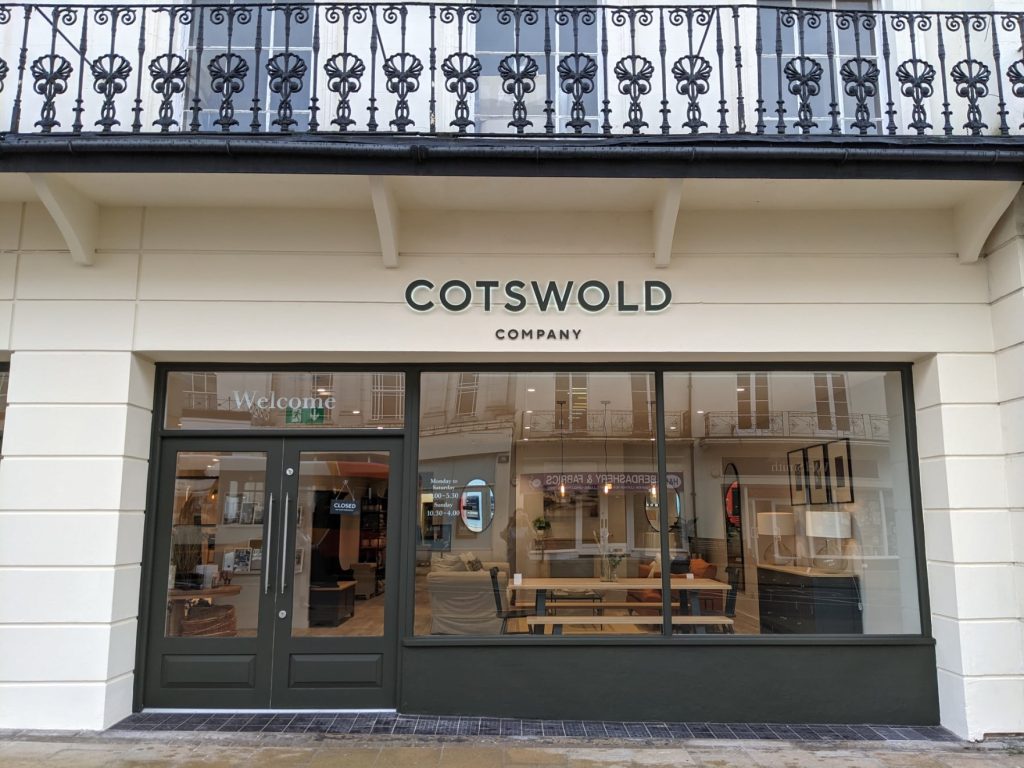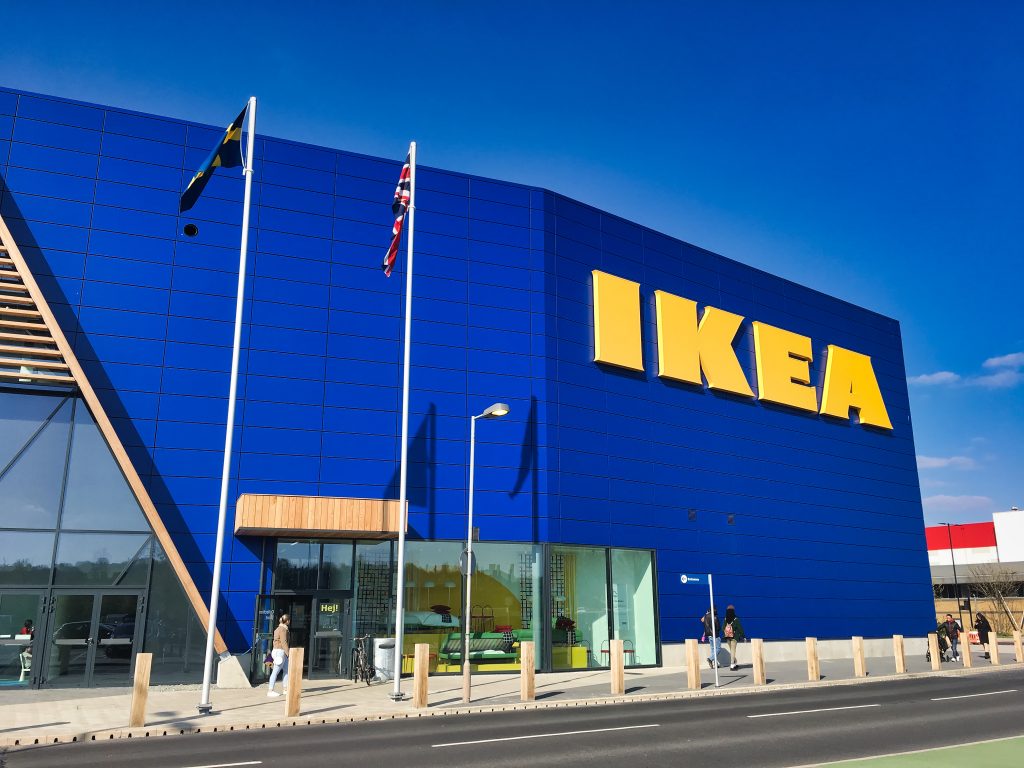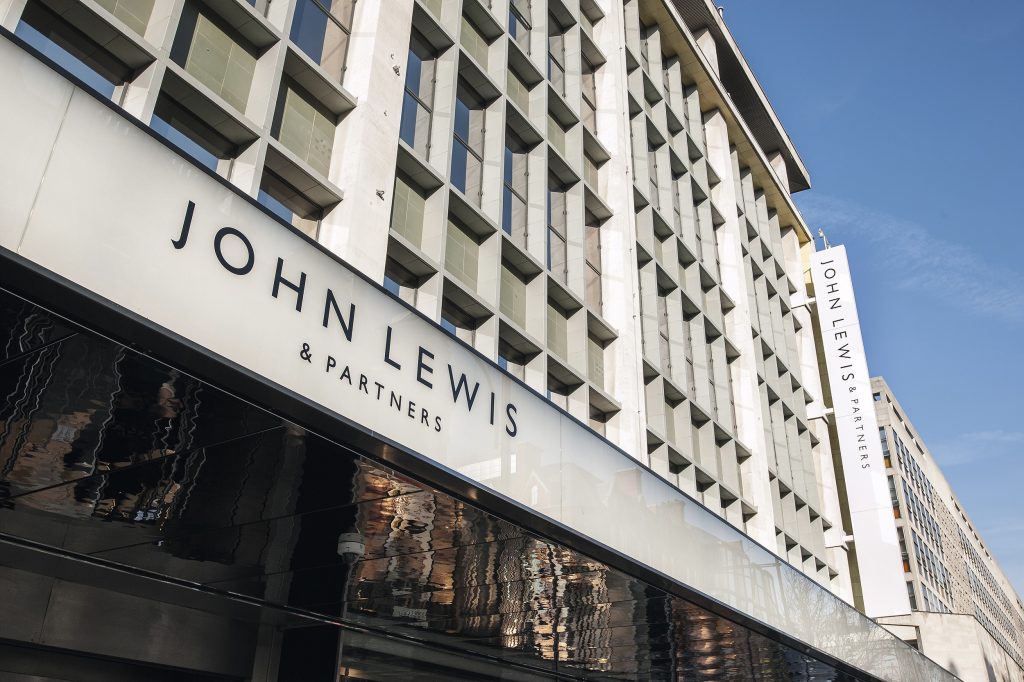Flat-pack furniture specialist Ikea said today that it “deeply regrets” using political and criminal prisoners in former Communist East Germany in the 1970s.
After allegations that the retailer used forced labour in the country emerged earlier this year, it asked Ernst & Young to investigate the claims and look into its purchasing practices in the former German Democratic Republic (GDR).
Analysing some 20,000 pages of documentation from the Swedish retailer‘s internal archive, as well as 80,000 items from the German federal and state archives and interviewing as many as 90 Ikea Group workers past and present, the report indicates that political and criminal prisoners were involved in “parts of the component or furniture production units that supplied to Ikea 25-30 years ago”.
Ernst & Young found that some Ikea Group workers were aware of the practice and, while it was found that the group attempted to ensure that prisoners were not involved in the production of its goods, “it is now clear that these measures were not effective enough”, according to the report.
It is expected that surviving prisoners may now receive compensation as the victims‘ campaign group Union of the Association of the Victims of Communist Despotism has been told by the retailer that it will receive a “financial contribution” to its research project on forced labour in the former Communist state.
Jeanette Skjelmose, Sustainability Manager of IKEA Sweden said of the report‘s findings:“We deeply regret that this could happen.
“The use of political prisoners in production has never been acceptable to the Ikea Group.
“At the time, we didn‘t have today‘s well-developed control system and obviously didn‘t do enough to prevent such production conditions among our former GDR suppliers.”



























